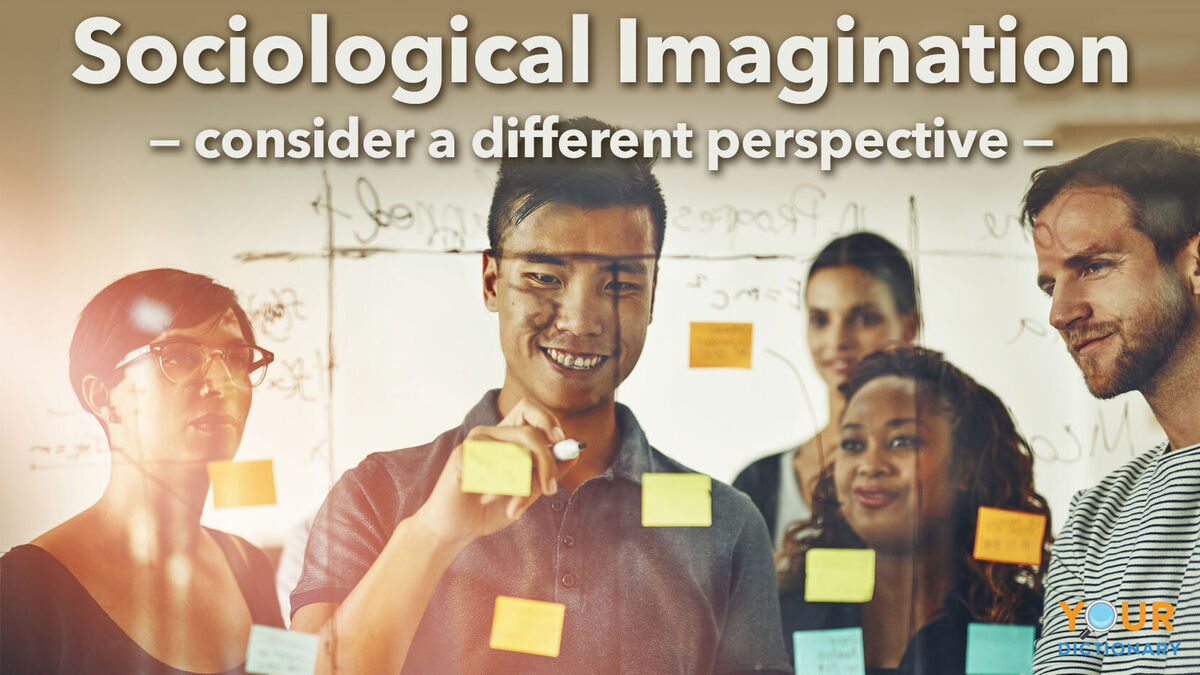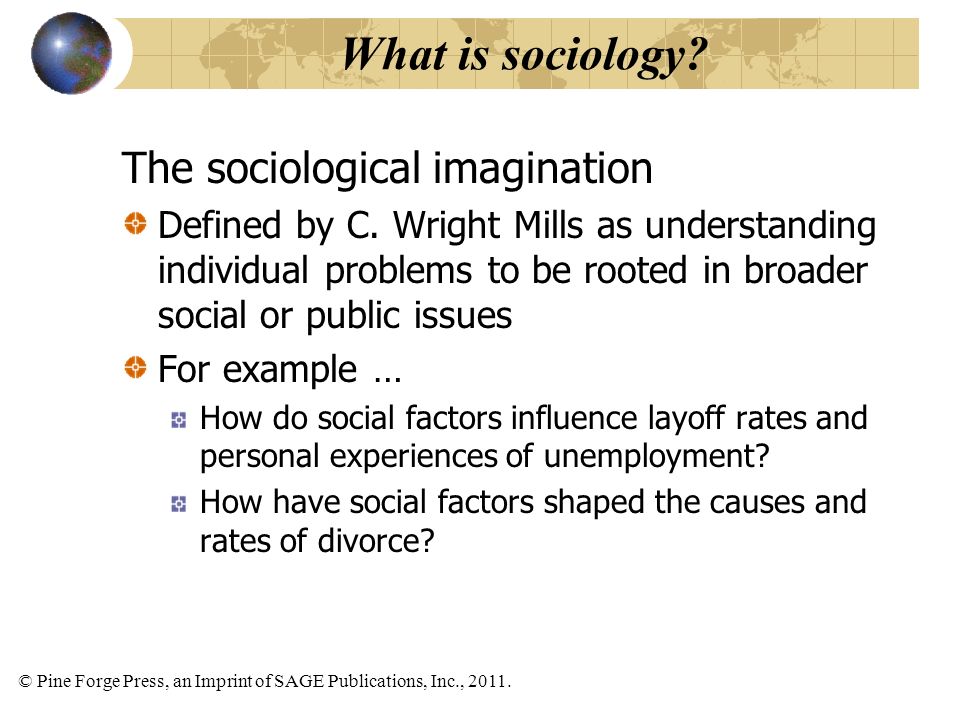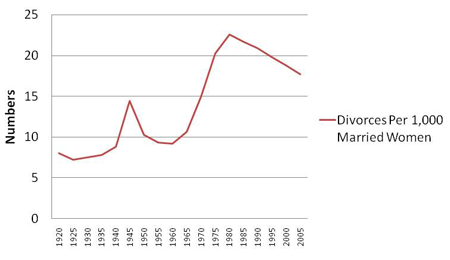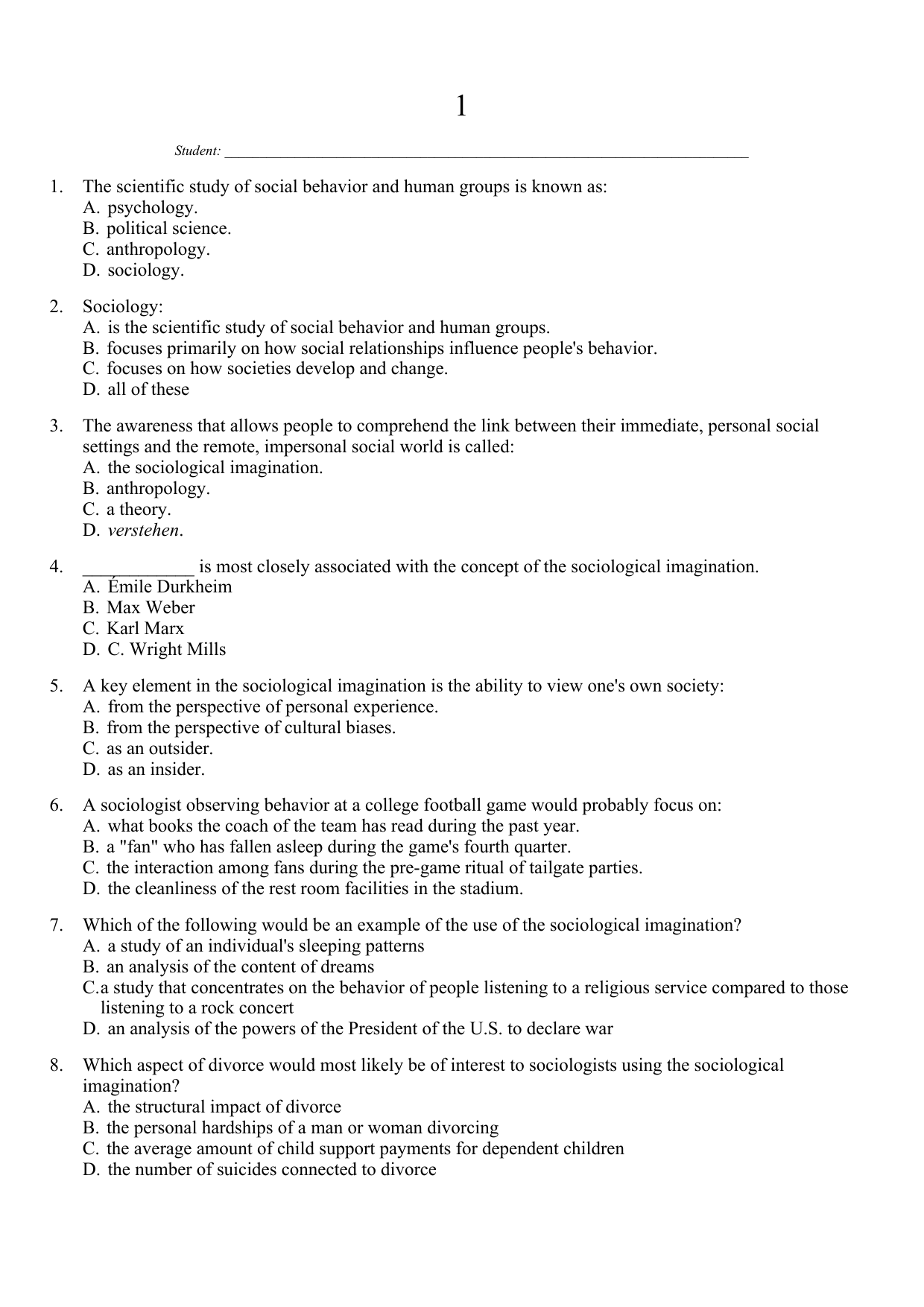The concept of sociological imagination, as coined by sociologist C. Wright Mills, refers to the ability to understand the connections between one's personal experiences and the larger societal structures and institutions that shape those experiences. This perspective allows individuals to recognize that their personal troubles, such as divorce, are not solely their own, but rather are influenced by the social and cultural context in which they occur.
Divorce, or the legal dissolution of a marriage, is a highly personal and often emotionally charged experience for those involved. However, it is also shaped by larger social and cultural factors. For example, the divorce rate in a given society may be influenced by the level of gender equality, the availability of social support systems, and the economic and legal landscape.
In societies where gender equality is low and traditional gender roles are emphasized, women may be more likely to stay in unhappy or abusive marriages due to economic dependence on their spouses or a lack of social support. On the other hand, in societies where gender equality is high and there are more options for economic independence and social support, individuals may be more likely to seek divorce as a means of escaping unhappy or unhealthy relationships.
Furthermore, the legal process and societal attitudes towards divorce can also vary widely across cultures and time periods. In some societies, divorce is highly stigmatized and may carry negative social consequences, while in others it is more accepted and even encouraged as a way to end unhealthy relationships.
Overall, the concept of sociological imagination helps us to understand that personal experiences, such as divorce, are not isolated occurrences, but rather are shaped by larger societal structures and cultural norms. By recognizing and analyzing these connections, we can gain a deeper understanding of the social and cultural factors that influence our personal lives and the society in which we live.
The concept of sociological imagination refers to the ability to understand and analyze personal experiences within the larger social, cultural, and historical context in which they occur. This perspective allows individuals to view their own lives and challenges as part of a larger societal structure, rather than simply as personal problems.
When it comes to divorce, the sociological imagination can provide valuable insight into the various social and cultural factors that may contribute to the breakdown of a marriage. For example, research has shown that certain social and economic conditions, such as low levels of education and income, may increase the risk of divorce. In addition, cultural and societal expectations around marriage and family roles can also play a role in the decision to divorce.
One way to apply the sociological imagination to the experience of divorce is to consider the various social structures and cultural norms that may have influenced the decision to marry in the first place. For example, couples may have felt pressure to marry due to societal expectations around family and relationships, or may have been influenced by their own cultural or religious beliefs. Understanding these larger social and cultural factors can help individuals better understand the motivations and factors that may have contributed to their own experience of divorce.
Another way to use the sociological imagination in relation to divorce is to consider the social and economic consequences of the decision. Divorce can have significant financial and emotional impacts on both individuals and families, and these impacts may be influenced by larger social and economic structures. For example, individuals who are divorced may face challenges in terms of finding and maintaining employment, and may also experience stigma and discrimination in certain social settings. Understanding these larger social and economic structures can help individuals navigate the challenges of divorce and make informed decisions about their future.
In conclusion, the sociological imagination provides a valuable perspective for understanding and analyzing the experience of divorce. By considering the larger social, cultural, and economic factors that may influence the decision to divorce, individuals can gain a deeper understanding of their own experiences and the challenges they face. This perspective can also help individuals navigate the challenges of divorce and make informed decisions about their future.







